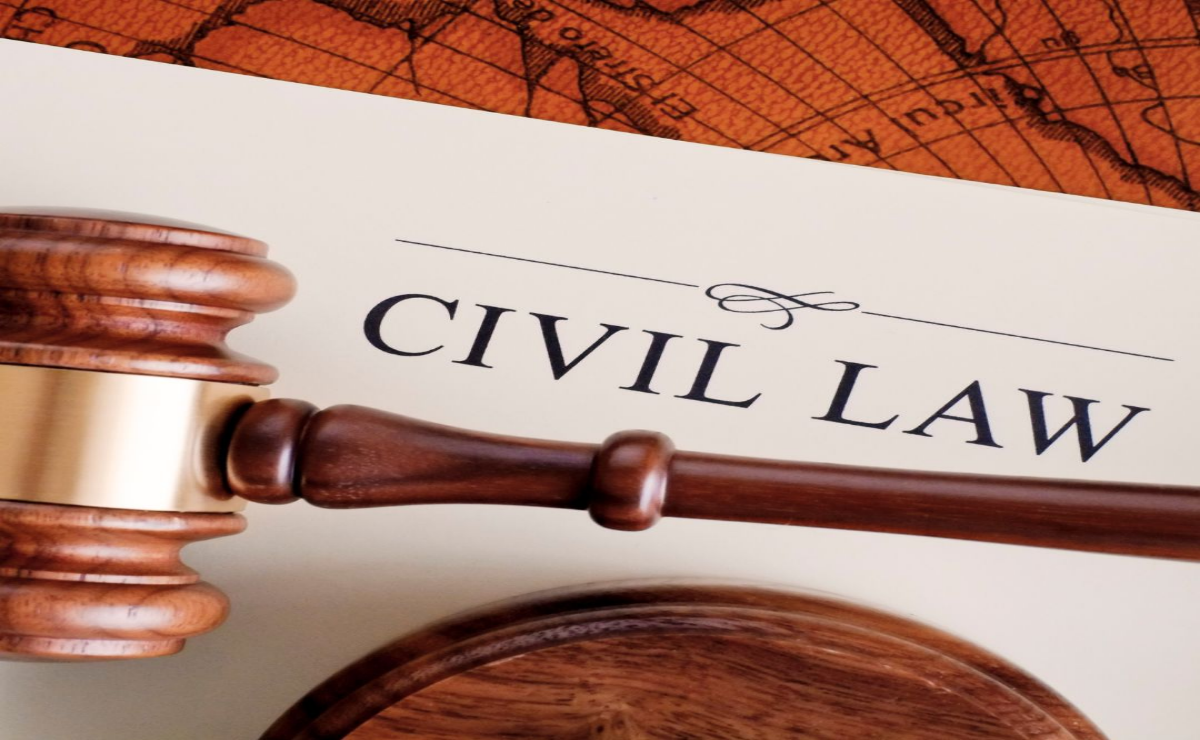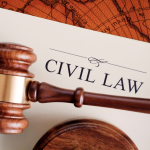Civil law governs disputes between private individuals or organizations and covers a wide range of legal issues such as contracts, property, torts, family matters, and inheritance. Unlike criminal law, which deals with offenses against the state, civil law resolves non-criminal disputes and aims to provide remedies to those whose rights have been violated. Key areas of civil law include contract law, which ensures the enforcement of agreements; tort law, which addresses personal injury and damages; property law, dealing with ownership and real estate issues; and family law, which governs marriage, divorce, and child custody.
Civil law procedures typically begin with filing a legal claim in court, followed by a discovery process where both parties exchange evidence. Parties may then attempt mediation or negotiation to resolve the issue before the case proceeds to trial. If the case goes to court, both sides present their arguments, and the judge (or jury) renders a decision. Remedies in civil cases can include compensation, injunctions, or restitution, depending on the nature of the dispute and the damages suffered.
Whether you’re facing a contract dispute, dealing with a personal injury claim, or resolving family-related issues, civil law provides legal solutions to protect individual rights. It offers a structured process for individuals to seek justice and resolve conflicts in a fair and equitable manner. Understanding your rights and the legal procedures involved is essential in navigating the complexities of civil law and achieving a favorable resolution.





